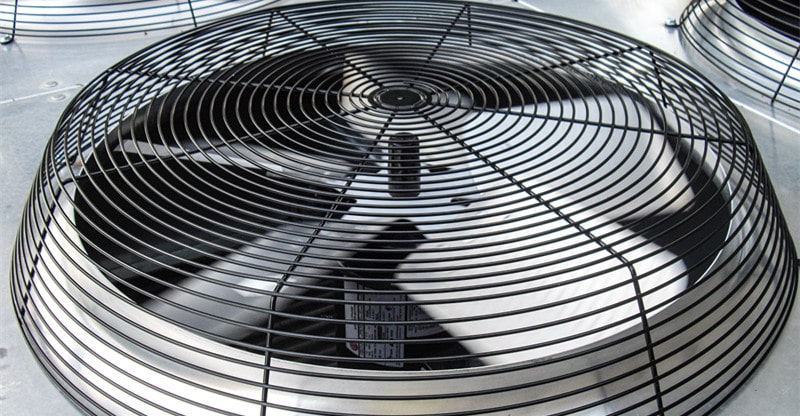HVAC Systems: What You Need to Know
When you first get a place of your own, the excitement of this phase can make you overlook a lot of very important angles. Sure, you could finally paint the walls black and get those cool gadgets you’ve always wanted to have. But being a homeowner entails a lot of responsibilities that you need to take into consideration. Taking care of the property is your responsibility, which is probably less fun than you would’ve thought.
If your vents aren’t warming up your house properly, it is up to you to figure it out. And if you have leaking ducts, it might take you a while to notice. This is why you need to learn about any red flags that indicate that something needs fixing, and the most important thing you need to pay attention to is your HVAC system because it is trickier than anything else around your home.
What Are HVAC Systems?
HVAC systems refer to heating, ventilation, and air conditioning systems, and they are probably the most intricate and complicated networks around your property. HVAC systems include everything from the average air conditioner you have around your place in the central systems in industrial buildings and factories. This also includes boilers, heat pumps, air purifiers, and any other unit around your place that changes temperatures or affects the air quality.
How Long Do They Last?
There isn’t really a certain lifetime or expiry date for HVAC systems, and it depends on the unit itself and how it is used and operated. If you’re living in a city like Louisville, pollution rates are moderately high, and this is why you should contact some HVAC services in My Trusted Contractor so you can make sure that your systems are regularly maintained.
Generally speaking, the secret to the longevity of HVAC systems is regular maintenance. This is the only way you can ensure that they can last for years without you having to spend a fortune getting a new system. So, make sure you find some reliable contractors to come and conduct regular checks on all HVAC units in your home.
How Do They Work?
Without getting too technical, HVAC systems work just as you think they would. Air conditioners, for instance, are used to lower room temperatures as well as controlling the humidity by using water-cooled or air-cooled systems. Heating, on the other hand, is done when radiators or supply air systems heat the air within a building.
Last but not least, ventilation works by circulating the air around the place, purifying it and getting rid of pollutants and particles. It also removes moisture. All this is done using fans that are operated using intricate mechanical systems.
Common Problems You Might Face with HVAC Systems
As explained earlier, HVAC systems are huge and very intricate, and we use them every day. So, it makes sense that you could encounter a problem here or there, every now and then –– which is why you need regular maintenance, as this would decrease the frequency of those occurrences.
The most common problems start with your air conditioning not properly cooling the place, which might indicate a problem with the cooling unit. Having a malfunctioning thermostat is a sign that there’s something wrong with the heating system. If you smell any bad odors coming from your ventilation, heater, or ACs, then this is also a problem.
The last sign you need to look out for is sudden increases in the energy bill, which indicates your HVAC system is making more effort to operate normally, and that means you have a problem. The one thing all those problems have in common is the fact that you need to get professional help. You can’t exactly open your AC or examine the radiator on your own. You might end up hurting yourself, and you will most likely make the problem a lot worse.
How to Save on Your Energy Bills
The HVAC system is the biggest factor affecting your energy bill, and you need to try and control that. This starts with choosing the appropriate system based on the property’s design, materials, and even architecture. We talked about maintenance earlier and its importance, and you should know it’s also relevant in controlling your energy bill because a properly functioning HVAC system is a cost-efficient one. Last but not least, you should invest in efficiency settings, like getting a programmable thermostat that can control the load depending on the time of day, for instance.
Understanding your HVAC systems is very important for a variety of reasons. It will help you save money on your energy bill as well as the cost of repairs. More importantly, knowing your HVAC system and how it works means you can ensure proper safety protocols while dealing with it.



